As everyone’s been working and attending classes from home, screen time has definitely increased. This may be why the blue light glasses trend seems to have boomed over 2020. Despite seeing them advertised all over Instagram etc, many of you may be wondering what exactly they are and how they work? Well, look no further— in this post and a few others we’ll break down everything to do with these specs and how they can help you.
What are they?

Blue light glasses filter out the blue rays of the visible light spectrum. They’re designed to block these rays because blue light inhibits melatonin production—an essential hormone for sleep. Instead of allowing blue light to go straight through the lenses and into your eyes (like normal glasses), they reflect it. These glasses can have clear, yellow or red lenses. The colour of the lense signifies what percentage of blue light they block out.
Are blue light glasses only for those who already wear glasses?

The beauty of these glasses is that anyone can wear them. Whether you already wear glasses or not, blue light glasses can work for you. If you don’t wear prescription glasses, you can simply order blue light glasses with normal lenses. These won’t affect your vision at all, but will only block harmful blue light rays. If you usually wear glasses, blue light lenses can be made into prescription glasses. This means they can be worn as a regular pair of glasses with added benefits. Blue light glasses ensure that your brain receives all the right signals in the evenings to promote melatonin production.
Are they really necessary?

Many of us have been sleeping badly—despite perhaps not having to rush to work and school like before. As we already mentioned, screen usage has definitely increased, and this is particularly a problem in the evenings. Our brains, especially when we near night-time, need less stimulation. Otherwise, our sleep may be negatively affected. This is especially true if we’re exposed to blue light in the evenings— these rays prevent melatonin from being produced and making us sleepy. So using blue light glasses is especially important towards the late afternoon— it will ensure that we get better sleep than if we went without them.
Aren’t the blue light filters on our phones enough?

Many of our devices indeed come with blue light filters, but do these really help? It’s better than nothing, but these built-in filters definitely aren’t 100% effective. They simply reduce the blue light emission and the intensity rather than block it altogether. And still, others just provide an amber filter for the device. Generally speaking, the more orange the screen is, the less intense the blue rays will be. Most built-in blue light filters don’t allow the device to screen to turn too red or orange as it takes away from the viewing experience. But we would argue that health should always take priority.
For android users, we recommend an app called twilight which allows you to adjust the redness of the screen much better than your device will. While it won’t necessarily block the blue light, it will definitely reduce its intensity— a step in the right direction if you want to sleep better. Unfortunately, this app isn’t supported by IOS, and neither are any other effective blue light filters. The only thing available is night-shift, already included in IOS settings, but not as effective. Clearly then a bit more is needed to protect our eyes and ensure good sleep.
Just how important is good sleep? Are 8 hours really necessary? Check out our articles on sleep to find out more. And if you’re wondering about the science behind these special specs, have a look at our articles what do blue light glasses do? And do they actually work?
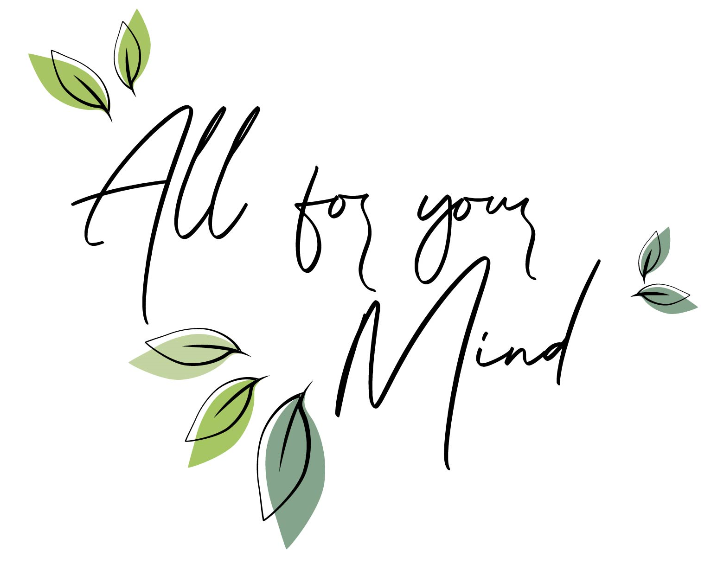
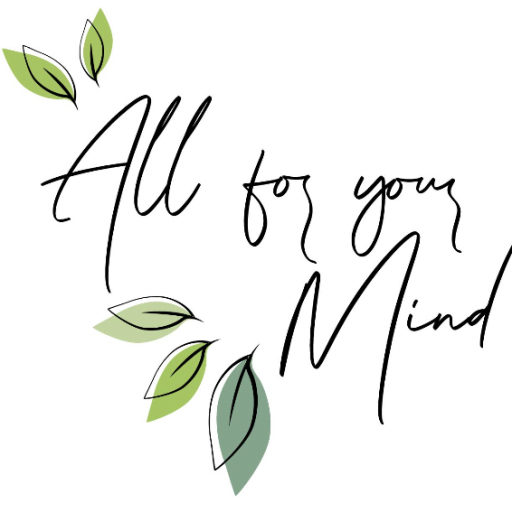
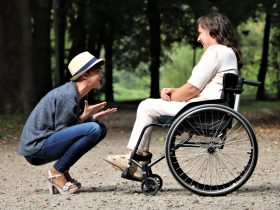
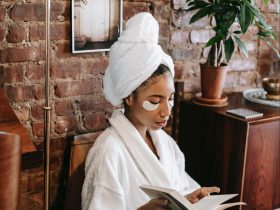
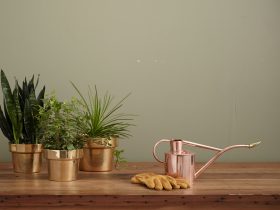
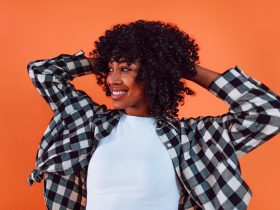
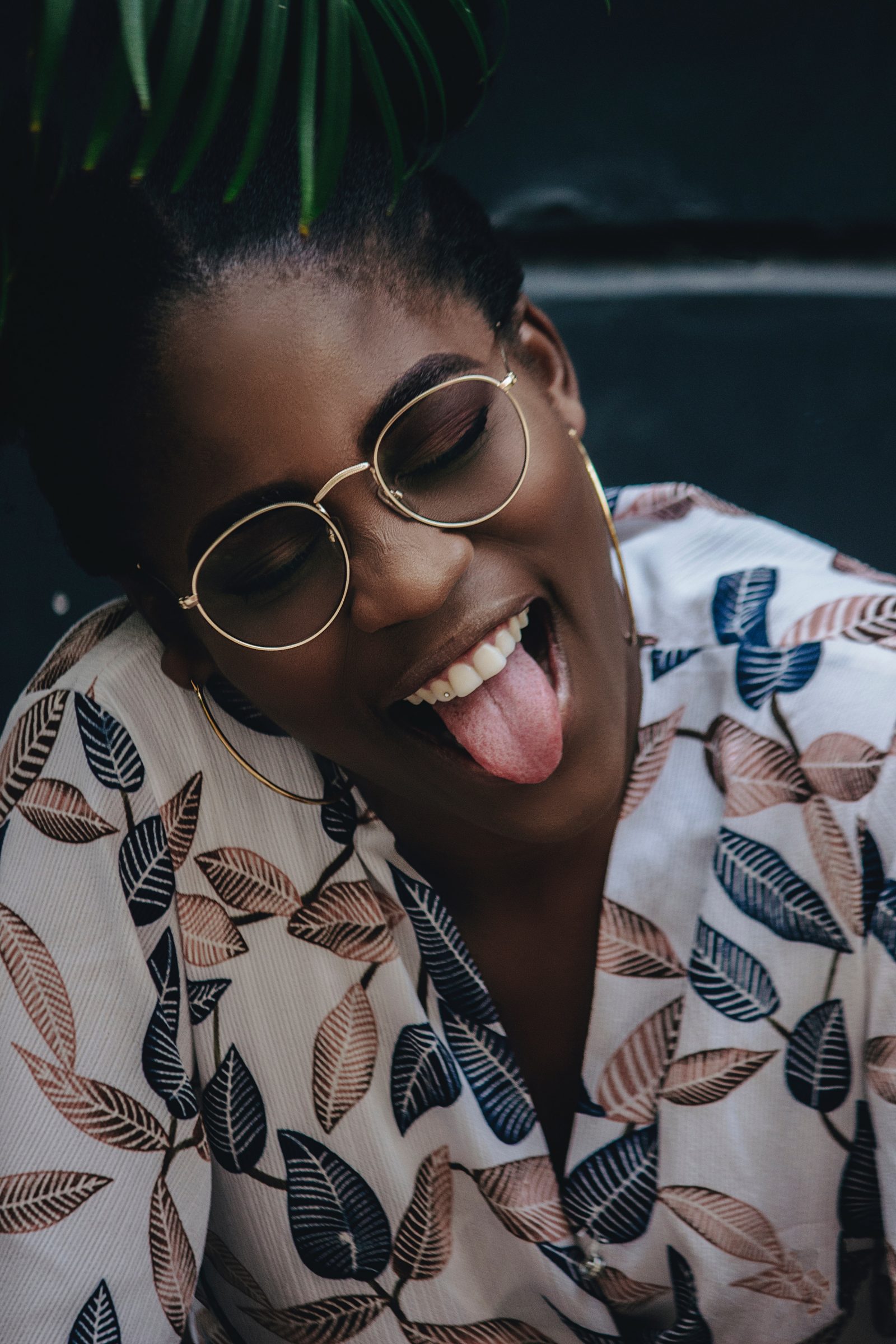



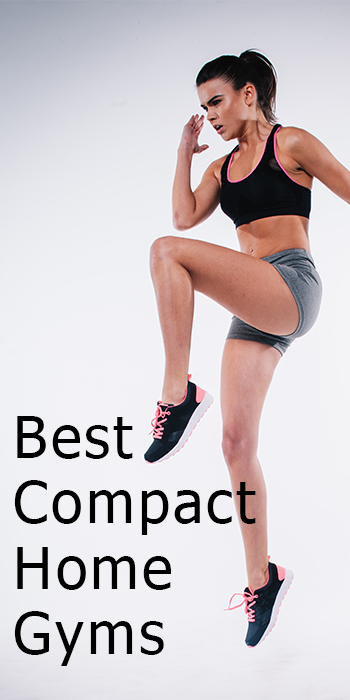

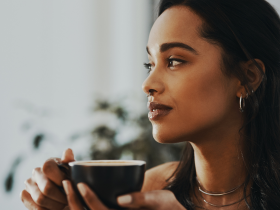
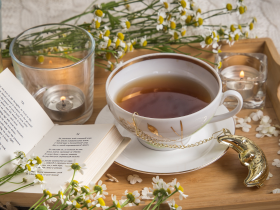
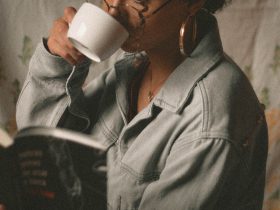

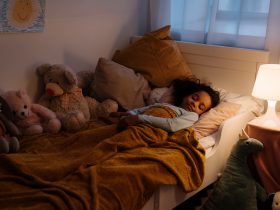
5 Comments